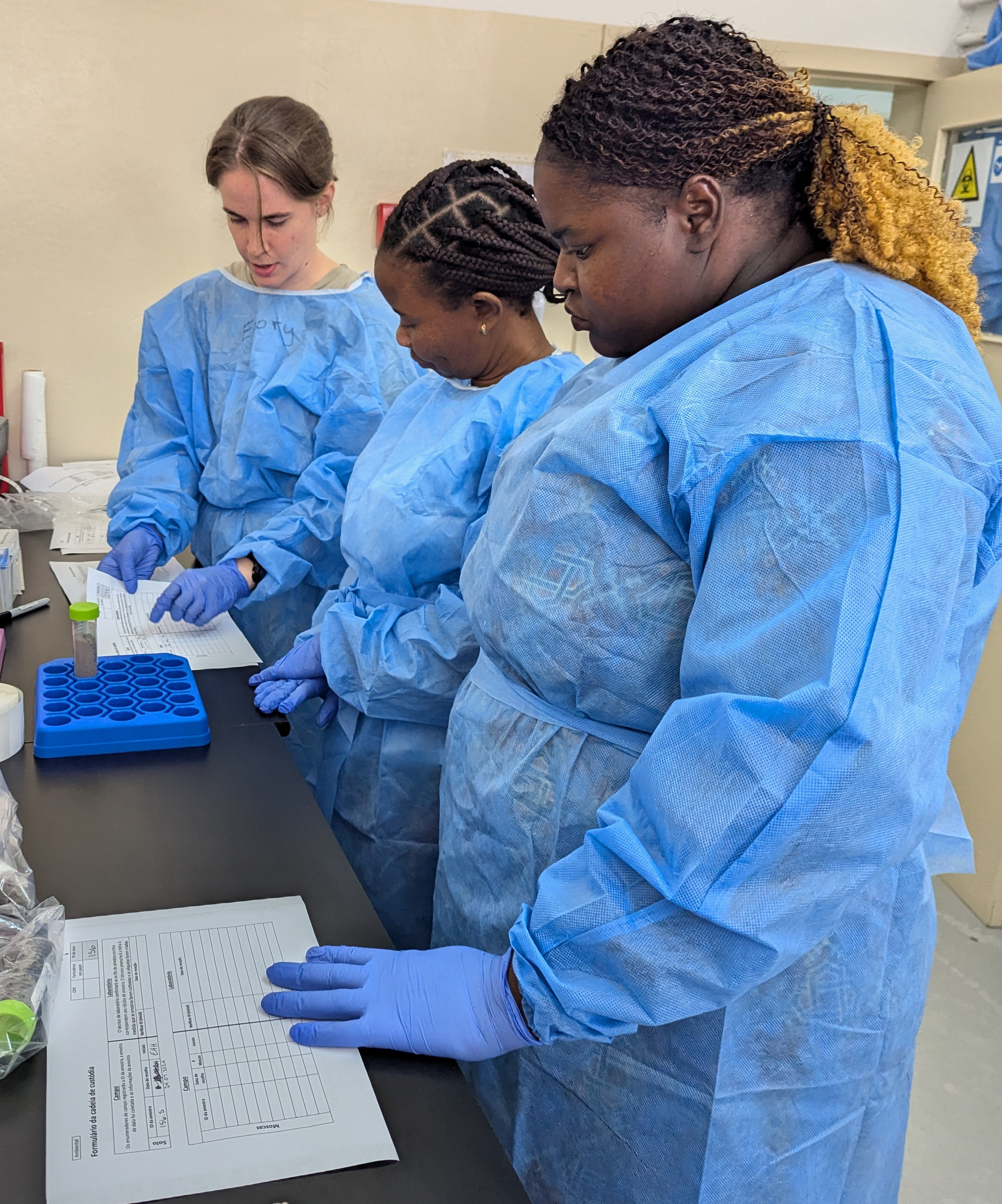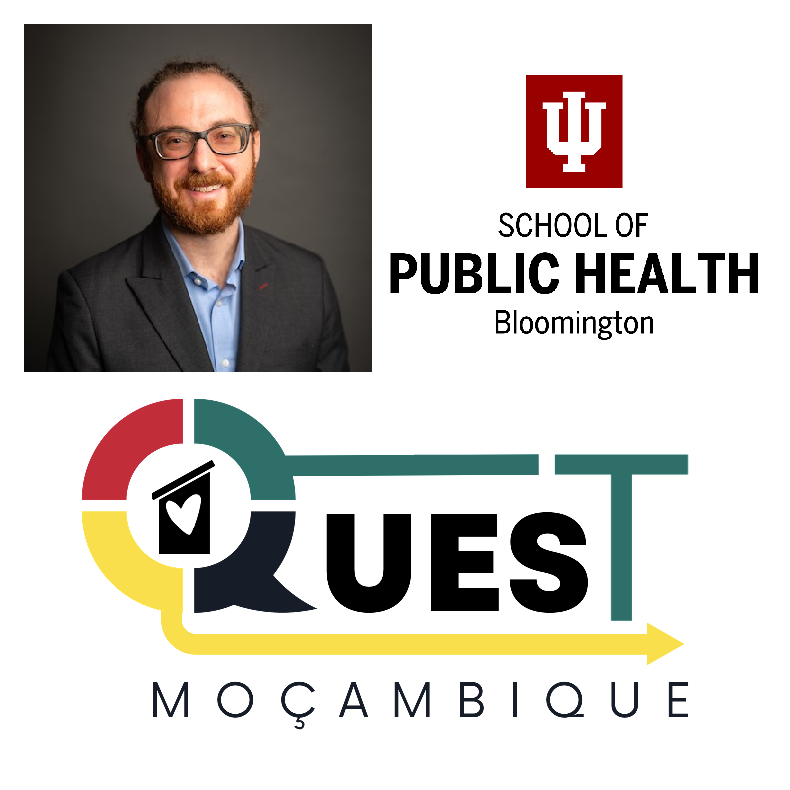Drew Capone, Ph.D. in the Department of Environmental and Occupational Health is the recipient a two-year, $414,616 grant from the National Institutes of Health (NIH) for Quelimane Urban Environment and Sanitation Transformation (QUEST) project in Mozambique. The objective of QUEST is to collect health and development data from 600 to 900 children in Quelimane aged 1 month to 5 years old "to quantify child health and development markers before a neighborhood-level sanitation and drainage intervention is delivered."
"Quelimane is really unique as there is no sewage system in the entire city-they use septic tanks and pit latrines," says Dr. Capone. "We are talking about probably 400,000 people. Imagine downtown Atlanta with no sewers."
After several delays due to the pandemic, Quelimane finally broke ground on a wastewater treatment plant, the first stage of a sewage network for the city and its surrounding communities.
"The wealthier areas will get a sewage network because that's where most of the septic tanks are, but the low-income areas will get a condominial sewer," says Dr. Capone. "The tubes are much smaller, which allows them to serve these informal settlements that don't really have proper city planning that would be conducive to easy sewage construction."
The survey will enroll children from low-income areas getting condominal sewers, areas that are scheduled for drainage infrastructure, and areas that are not scheduled to receive any sewage network. Dr. Capone's team will follow the child participants and their families over time to gauge the health and environmental impacts on each of these infrastructural investments. Collaborating with Dr. Capone on this project is Vanessa Monteiro, M.D. , Director of Health and Wellness Research at Instituto Nacional de Saúde in Mozambique; Karen Levy, Ph.D. of the University of Washington; and Matthew Freeman, Ph.D . at Emory University.
"Sewage networks are very expensive capital investments; first to build it and then maintain it over time, and these costs are often too high for low-income countries," says Dr. Capone. "The result is that individuals are responsible for their own sanitation. Some people invest in a septic tank, but more often they use something like a pit latrine."
In the latter situation, Dr. Capone explains, families are not kept adequately separate from their fecal waste. This can contribute to domestic fecal contamination, which leads to diarrheal disease and stunted growth.
"Repeated infection by these pathogens can hinder children's growth," he says, "ultimately lowering lifetime earnings because their bodies and brains didn't fully develop."

helping to train lab staff in Quelimane
Throughout the month of August while waiting for ethical approval and permission from local authorities, Dr. Capone and his team established and trained an NIH team of three local collaborators, six field workers, and one lab staffer to conduct the study. Dr. Monteiro says prior to the study 1,500 households will engage in a rapid survey to "identify and ensure balance between the neighborhoods participating."
Impacts from the results of QUEST could be significant. For example, according to Dr. Monteiro, the data could persuade policymakers to develop long-term strategies to support healthier environments in the participating neighborhoods-in pursuit of improved physical, emotional, and mental development in children. Better drainage and less standing water can also decrease breeding grounds for mosquitoes, leading to fewer opportunities for malaria transmission or other vector-borne diseases.
"A detailed analysis of the factors influencing a child's health, such as nutrition, access to healthcare, sanitation conditions, and the socioeconomic status of families, could help guide the formulation of more effective and targeted public policies," says Dr. Monteiro. "If the study reveals that the lack of basic sanitation or poor nutrition are key determinants of health problems, the local government could prioritize investments in sanitation infrastructure and child nutrition programs. Furthermore, this data could support the implementation of awareness and education campaigns for families, promoting safer sanitation and nutrition practices using locally available products."
Looking ahead, Dr. Capone hopes for a greater understanding of the relationship in these communities between improved sanitation and women's empowerment.
"Women are primarily the ones carting drinking water-and if it is piped into the communities, they can spend more time with their families or on other activities," says Dr. Capone.
"There is no silver bullet that can fix systemic issues like extreme poverty and poor infrastructure," he adds. "Our work is to promote solutions for some of these community-based issues."
For more stories about SPH-B faculty and students making a big difference both locally and worldwide, visit News.


